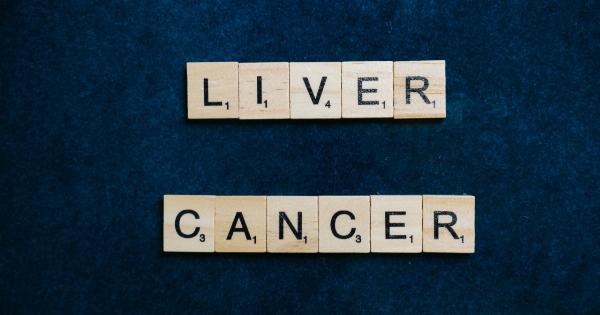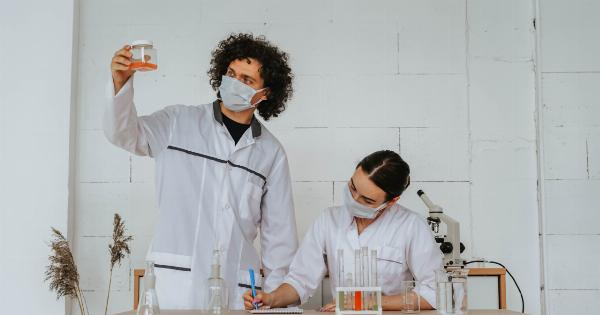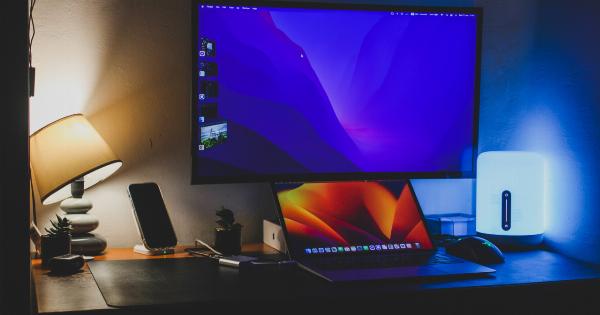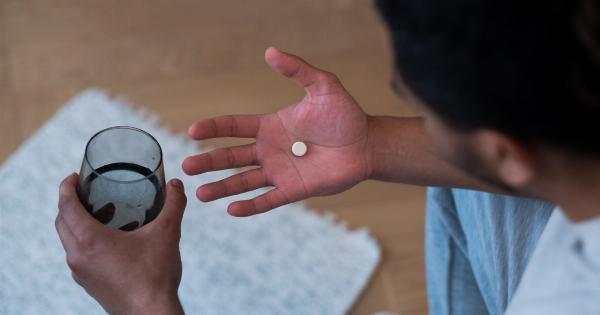For many people, a cup of coffee serves as more than just a morning pick-me-up. It has become a ritual, a comforting routine to start the day.
However, beyond its ability to provide a jolt of energy, coffee has long been hailed as a powerful sobering agent. From helping individuals recover from a night of indulgence to rejuvenating the mind and body, the effects of coffee extend far beyond its comforting aroma and rich taste.
The Science Behind Coffee’s Sobering Properties
Coffee contains caffeine, a natural stimulant that affects the central nervous system. When we consume coffee, caffeine is quickly absorbed into the bloodstream and travels to the brain.
Once there, it blocks the action of adenosine, a neurotransmitter that promotes sleep and relaxation. By blocking adenosine receptors, caffeine stimulates the release of other neurotransmitters such as dopamine, which leads to increased alertness and improved mood.
Furthermore, caffeine increases the production of adrenaline, a hormone that prepares the body for physical exertion. Adrenaline causes the heart rate to increase, the airways to open up, and the liver to release glucose for energy.
These stimulatory effects can help counteract the sedative effects of alcohol, making coffee an effective tool in combating the grogginess and cognitive impairment associated with excessive drinking.
The Role of Coffee in Alcohol Metabolism
When it comes to alcohol, the liver is responsible for breaking it down and eliminating it from the body. The main enzyme involved in alcohol metabolism is alcohol dehydrogenase (ADH).
Interestingly, studies have shown that coffee can increase the activity of ADH, potentially accelerating the breakdown of alcohol and promoting its elimination.
One study published in the journal Alcoholism: Clinical & Experimental Research found that individuals who consumed coffee along with alcohol had significantly lower blood alcohol levels compared to those who drank alcohol alone.
This suggests that coffee may enhance the body’s ability to metabolize alcohol, thus expediting sobriety.
Coffee’s Psychological Sobering Effects
While coffee’s physical effects on the body play a significant role in sobering up, its psychological effects should not be overlooked.
The ritual of preparing and consuming coffee can provide a sense of comfort and routine, helping individuals regain focus and clarity after a night of excessive drinking.
Moreover, the aroma of coffee has been shown to have a positive impact on mood and cognitive performance.
A study published in the Journal of Environmental Psychology revealed that the scent of coffee alone can increase alertness and improve performance on cognitive tasks. This suggests that the mere presence of coffee, even without ingesting it, can have a sobering effect on the mind.
Potential Limitations and Considerations
While coffee can certainly aid in the sobering process, it is important to note that it is not a miracle cure for intoxication. Alcohol impairs judgment and coordination, and consuming coffee does not reverse these effects entirely.
It may make you feel more awake and alert, but the cognitive impairments caused by alcohol still persist.
Additionally, caffeine is a diuretic, meaning it increases urine production and can contribute to dehydration. The diuretic properties of coffee may exacerbate the dehydration already caused by alcohol consumption.
Therefore, it is crucial to stay hydrated by consuming water alongside coffee to ensure a more balanced and effective sobering process.
Coffee’s Role in Hangover Relief
One of the most unpleasant consequences of excessive alcohol consumption is the dreaded hangover. Headaches, nausea, and general malaise can make the morning after a night of drinking unbearable.
Fortunately, coffee can also assist in alleviating some of these hangover symptoms.
Caffeine in coffee acts as a mild analgesic, helping to ease headaches and reduce muscle pain. Additionally, coffee can promote increased urine production, aiding in flushing out the toxins and byproducts of alcohol metabolism from the body.
However, it is important to remember that while coffee may provide temporary relief, proper rest, hydration, and nourishment are essential for a complete hangover recovery.
Coffee as a Morning Ritual
Beyond its physical effects, coffee holds a special place in many people’s hearts as a comforting and beloved morning ritual.
The act of brewing a fresh pot of coffee or stopping by a favorite café can provide a sense of routine and familiarity, which can be particularly helpful after a night of excess.
The process of preparing coffee, from grinding the beans to smelling the rich aroma as it brews, can help center and ground individuals, allowing them to reconnect with their senses.
This mindful experience can be invaluable in regaining focus and starting the day on a positive note.
The Moderation Factor
While coffee can certainly assist in the process of sobering up, it is essential to emphasize the importance of moderation.
Relying solely on coffee to counteract the effects of alcohol can lead to an unhealthy cycle of excessive drinking followed by excessive caffeine consumption.
Responsible alcohol consumption, coupled with a balanced lifestyle that includes adequate sleep, hydration, and nutritious food, is crucial for overall well-being.
Coffee should be viewed as a tool to aid in the occasional recovery process and not as a quick fix for excessive alcohol intake.
The Choice Is Yours
In the quest for a sobering agent after a night of indulgence, a cup of coffee has proven to be a reliable and effective choice.
Its ability to provide alertness, improve mood, enhance physical performance, and potentially accelerate alcohol metabolism make it an ultimate sobering agent.
However, it is essential to remember that coffee should supplement a responsible approach to alcohol consumption and not be seen as a magical solution. Moderation and balanced self-care should always be at the forefront of our actions.
So next time you reach for a cup of coffee after a night out, savor it not just for its flavor, but also for its potential to help recalibrate your body and mind.































